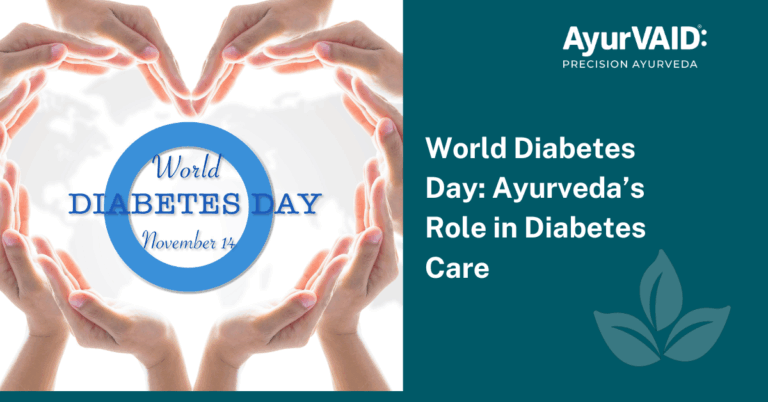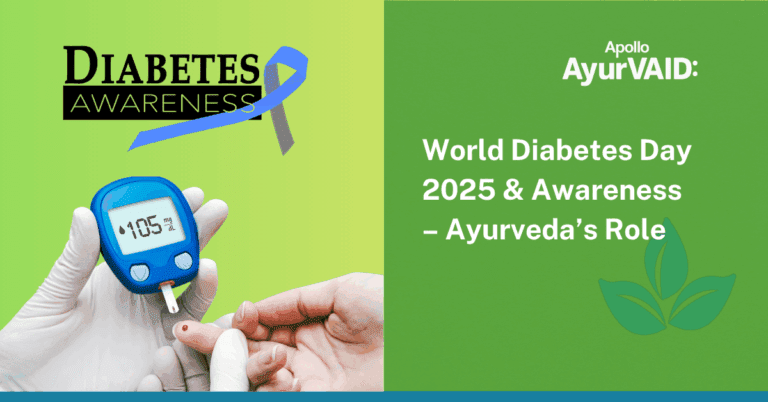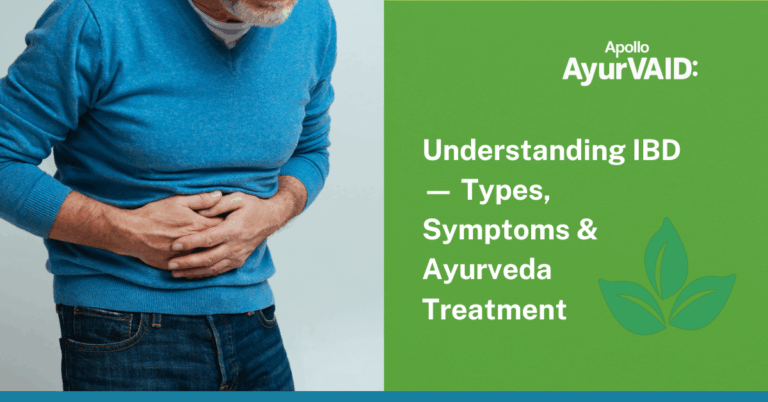June 18 is not just another date on the calendar. For many families, it’s a quiet but powerful reminder: your child is not broken. They are not less. They are different — and that difference is something to be honoured, not hidden.
Autistic Pride Day is about recognition. It’s about seeing autistic individuals for who they are — not just through the lens of challenges, but through their strengths, their perspectives, and their deep, often unspoken wisdom. It’s a day that says: “You belong, just as you are.”
But for many parents, behind the pride is also a daily reality filled with questions, uncertainties, and a deep desire to help their child feel more at ease in a world that often feels overwhelming. An Ayurveda approach combined with a whole-person approach that addresses the cognitive and sensory challenges faced by Autistic individuals with a customised treatment plan and autism diet can offer huge support.

What is Autism?
Autism spectrum disorder is often described in terms of behavioural—communication differences, repetitive movements, or sensory sensitivities. But if you’re a parent or caregiver, you know it’s so much more than that.
You’ve seen the sleepless nights. The mealtimes that turn into battles. The moments when your child is trying to tell you something, but the words just won’t come. You’ve watched them struggle with sounds that seem too loud, lights that feel too bright, and emotions that come in like a storm.
What many don’t realise is that these experiences are often rooted in the body, not just the brain. Research now shows that chronic inflammation, immune system imbalances, and gut health play a significant role in how autistic children feel and function. At Apollo AyurVAID, we see this often. And we listen — not just to the symptoms, but to the story behind them.
What Causes Autism?
Modern science doesn’t offer a single, clear-cut answer to what causes autism. Instead, it points to a complex mix of genetics, environmental factors, neurological differences, and many unknowns. While these explanations vary, Ayurveda offers its unique perspective. According to Ayurveda, the body is governed by three vital energies or Doshas:
- Vata – controls movement, motor skills, and the nervous system
- Pitta – regulates metabolism and emotions
- Kapha – governs stability, memory, and focus
When these Doshas are balanced, the body and mind function harmoniously. But when they fall out of balance, it can lead to various disruptions, including those observed in autism spectrum conditions.
Here’s how Ayurveda relates Dosha imbalances to autism:
- Vata Imbalance: An overactive nervous system may cause hyperactivity, restlessness, difficulty processing sensory input, and delayed speech.
- Pitta Imbalance: Intense emotional responses, irritability, and sensory overload are common signs of elevated Pitta.
- Kapha Imbalance: Sluggish digestion, poor metabolism, lethargy, and speech or cognitive delays may point to Kapha dominance.
Another key concept in Ayurveda is Ama, or toxins. When digestion is weak, it can lead to the buildup of Ama in the body. Since the gut and brain are deeply interconnected, this toxin accumulation can cloud mental clarity, disturb mood, and affect behaviour and focus.
In this way, Ayurveda views autism not as a disease, but as an imbalance — one that can be gently supported through personalised, holistic care aimed at restoring harmony in the body and mind.
A Whole-Person Approach to Autism Care
At AyurVAID, we don’t believe in one-size-fits-all solutions. Every child is different. Every family is different. That’s why our approach is deeply personalised, grounded in both Ayurveda wisdom and modern medical understanding.
We begin with a comprehensive assessment — not just of behaviours, but of what’s happening inside the body. We look at:
- Dosha imbalances
- Signs of chronic inflammation
- Gut-brain interactions
- Emotional and sensory patterns
We also use tools like the Childhood Autism Rating Scale (CARS) to understand how your child is experiencing the world. But more importantly, we listen to you, the parents, because no one knows your child better than you do. You can read more about the Ayurvedic treatment for autism here.
The Gut-Brain Connection: Why It Matters
Many autistic children experience gut dysbiosis — an imbalance in gut bacteria that can affect everything from digestion to mood to cognitive function. When the gut is inflamed or out of sync, it can lead to discomfort, irritability, and difficulty focusing.
This isn’t just theory. It’s something we see reflected in real lives. When gut health improves, children often sleep better. They’re calmer. They’re more present. And that opens the door to deeper connection and learning.
At AyurVAID, we work gently and systematically to restore gut balance, reduce inflammation, and support the body’s natural healing processes with autism therapy and a personalised autism diet — all while respecting your child’s unique constitution and needs.
Supporting the Whole Family
Autism doesn’t just affect one person — it touches the entire family. That’s why our care extends beyond the clinic. We offer practical, realistic guidance for home life, including:
- Adjusting routines to reduce sensory overload
- Creating calming bedtime rituals
- Making small but meaningful dietary changes
- Supporting emotional regulation through daily rhythms
- We also track progress over time — not just in behaviour, but in digestion, sleep, mood, and sensory responses. As your child grows, their care plan evolves with them.
Pride, With Purpose
Autistic Pride Day is a celebration, but it’s also a call to action. Not to change autistic children, but to change how we support them. We must move from managing symptoms to understanding root causes, from frustration to compassion, from isolation to connection.
At Apollo AyurVAID, we’re honoured to walk alongside families on this journey. We don’t promise quick fixes. But we do promise care that is thoughtful, respectful, and rooted in the belief that every child deserves to feel safe, supported, and seen.
Because at the end of the day, that’s what pride means — not just being proud of who your child is, but helping them feel proud of themselves.







